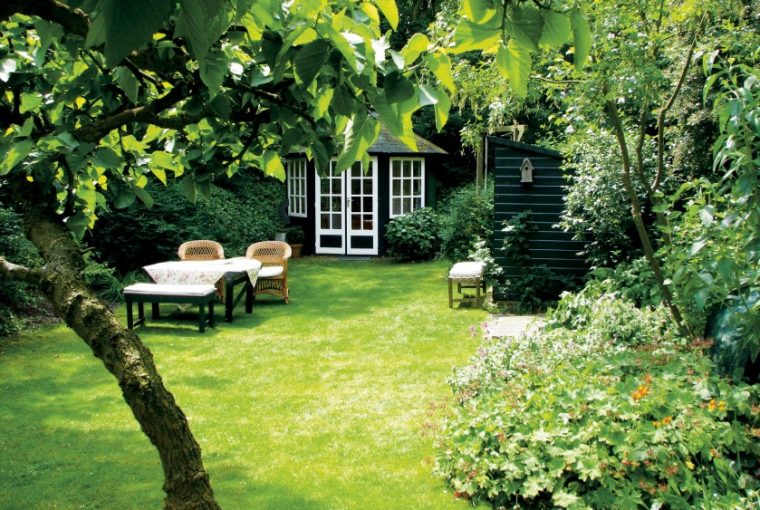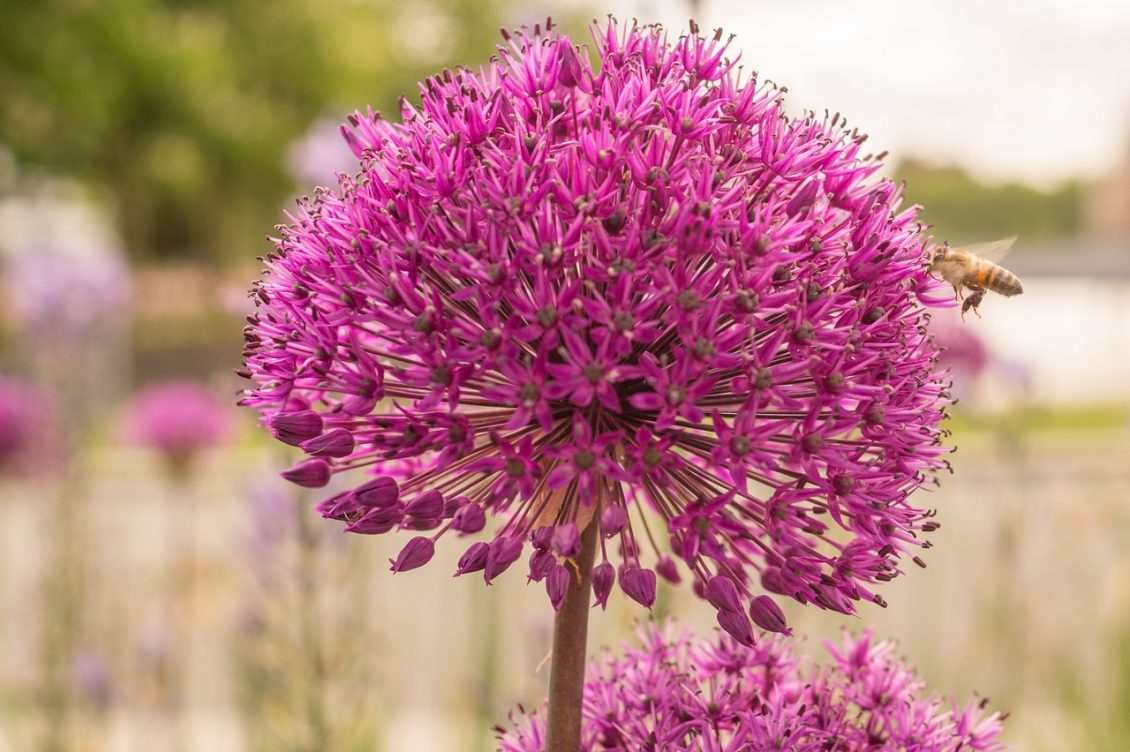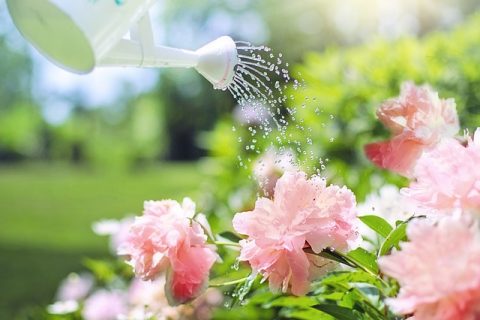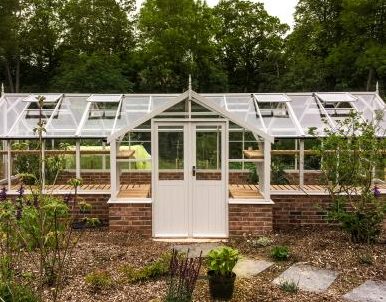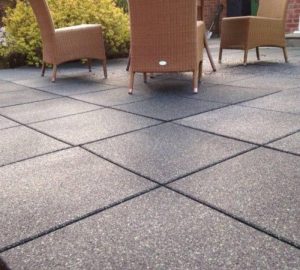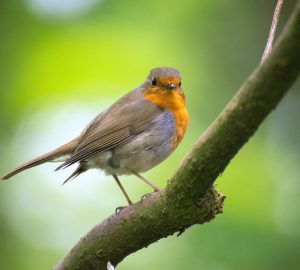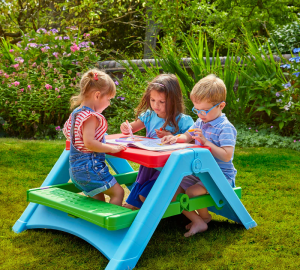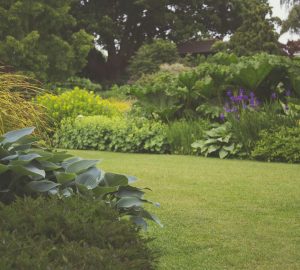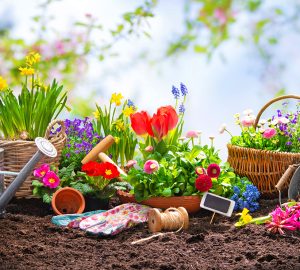Summer is definitely a challenging period for every gardener.
The good news is that you will have less to worry when you apply the right garden maintenance techniques which you will learn in this article.
The temperate climate of springtime can make you believe that your garden will stay green forever with almost no effort from you. Unfortunately, summer will make you think twice.
Nonetheless, it is possible to keep your garden green and healthy even with high temperatures during the summer period. You don’t even need chemicals to keep the garden green and beautiful. All you need is systematic planning and timely intervention. With the right approach, you can keep your garden healthy enough to resist disease, weeds, and droughts on its own.
If your garden is suffering due to experiencing intense heat, all is not lost. In a couple of weeks we will be in summer, by implementing our tips on how to care for your garden during the summer period you’ll go along way to ensuring you keep your garden lush, healthy, and beautiful/
The Best Tips About How To Keep Your Garden Green In Summer:
Have a Plan
The key to achieving anything worthwhile is to have an efficient plan. If you want your garden to survive the summer, you need to determine the best approach to watering your garden, the best approaching for mowing, for weeding, and even for fertiliser and the type of plants you have in your garden.
Take, for instance, if you decide to purchase a plant in the summer months, make sure you check the leaves for dead spots and watch out for rotten stems or insects. Make sure your plant is in very healthy condition, and research which plants will do well in summer, as some do better than others.
Water Wisely
With intense heat, your first thought might be to water your garden as it will need the extra water to survive. You may be right but your garden probably doesn’t need as much water as you thought. The time of day you water is important too. It helps if you are a morning person as this is the best time to water your garden.
Before you water, check if your plants are wilted. Go ahead and water deeply if they are wilted. This will encourage the roots to grow deeper away from the surface of the hot sun. It is important you avoid wetting the leaves of the plant, as this encourages disease. Instead water directly to the roots. If you must use sprinkler system, use it very early in the morning when the leaves are still wet with dew. This way, the foliage will dry early and reduce the chances of plant disease.
Use Only Fully Composted Garden Waste
If you must use garden waste, make sure it is fully composted, otherwise, you might be endangering your plants. Composing waste generates high temperatures for an extended period of time, if you use this in your garden it has the potential to introduce diseases. We recommend that you avoid using composite waste as mulch in your garden if you are not sure of its composition.
Weed Often
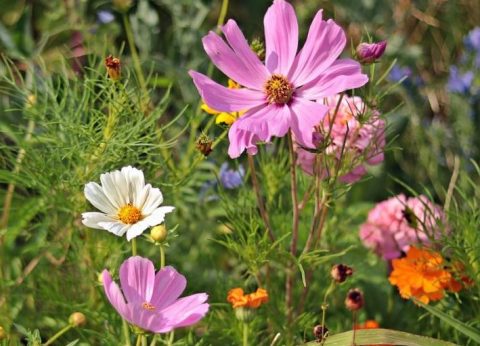 Summer means more work for gardeners. Weeds can be very stubborn, strong, and overbearing. During summer, weeds get thirsty just like your vegetables. The problem here is that they will compete with your vegetables for water and nutrients. The best way to keep on top of weeds in your garden is to watch out for them every morning while watering your garden. Make a habit of checking each row for weeds, removing any you see no matter the size.
Summer means more work for gardeners. Weeds can be very stubborn, strong, and overbearing. During summer, weeds get thirsty just like your vegetables. The problem here is that they will compete with your vegetables for water and nutrients. The best way to keep on top of weeds in your garden is to watch out for them every morning while watering your garden. Make a habit of checking each row for weeds, removing any you see no matter the size.
Watch Out For Bugs
A bug can create an opening in the plants for viruses and bacteria. Most bugs act as a transport system for viruses and can easily spread these viruses from one plant to another until all your plants are infected. During the summer period, Aphids are one of the most common carriers of viruses. Each time insects or bugs attack your plant, it puts it under undue stress. You need to ensure you watch out for them and remove them immediately before they can do any real damage.
Avoid Crowding Plants
When planting in your garden, you need to ensure you apply the right spacing. When plants are crowded, they create their own humidity. This condition allows diseases such as rust, powdery mildew, and downy mildew to thrive. You can easily reduce this high relative humidity by improving the airflow around your plants, which will also allow your foliage to dry more quickly.
Consider A Wooden Greenhouse
If you are hoping to garden nonstop all-year round, then we recommend that you consider getting a wooden greenhouse. This will protect your garden from the intense summer heat and even from certain diseases. We recommend wooden greenhouses because timber is more attractive, more practical, thermally efficient, and the traditional choice. You will be helping the earth and at the same time enjoying all year round gardening.
